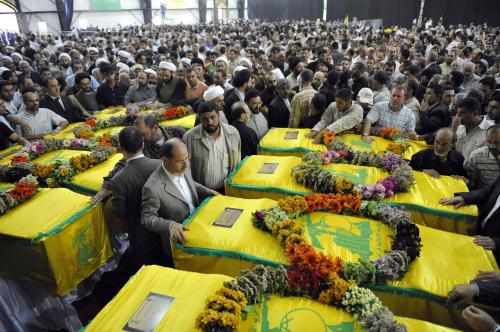
In a fluorescent-lit, indoor cemetery on the edge of Beirut’s southern suburbs, Batool Zein al-Din touches her forehead to the stone-cold marble of the grave of her friend, Ali — a Hezbollah fighter.
He was killed in Syria three years ago, age 24 — one of an untold number fighting on Bashar al-Assad’s side for Hezbollah, the Lebanese militant group better known for its battles with Israel.
“It’s our dignity, and our pride, and our honour,” says Zein al-Din, of the battle her friend helped wage against opposition and ISIS forces. “It’s a march that we have to finish.”
But Hezbollah’s reach into the region’s conflicts, including those in Iraq and Yemen, deeply split the Lebanese people from the start — just as the organization itself, which has both an armed and a political wing, often has over its 35-year history.
Hezbollah’s evolution, from a primarily anti-Israel guerrilla army to a group advising and fighting with forces allied with Iran, has also now put it dead centre in the region’s escalating rivalry between Iran and Saudi Arabia.
That spotlight earned Hezbollah, which Western countries like Canada and the U.S. already consider a terrorist group, a rebuke and a terrorist organization label from Arab states last week. It also could have cost it its political position at home and looked set to spark yet another conflict in a region currently rife with them.
Instead, it appears Hezbollah’s entrenched position in Lebanon, politically and militarily, may have helped avert the worst— at least for now.
Still, in a new phase of an old regional conflict, Hezbollah and Iran have been put on notice anew.
Trouble with the Saudis
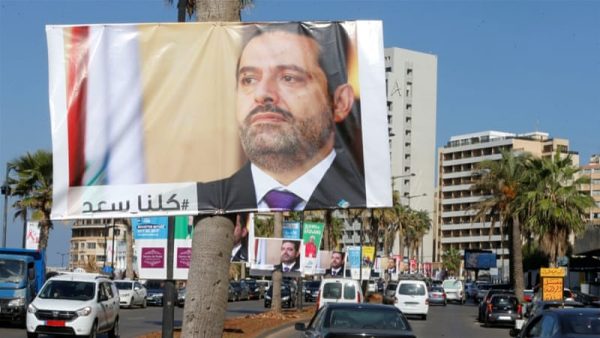
It began Nov. 4 when a ballistic missile launched in Yemen landed in the Saudi capital, Riyadh.
The Saudis blamed Hezbollah, which denied involvement.
Hours later, in what appears to have been an extraordinary intervention, Lebanese Prime Minister Saad Hariri, who leads the coalition government that includes Hezbollah, was summoned to Riyadh, where he resigned in a televised statement. He cited Hezbollah’s and Iran’s meddling in the region and called Hezbollah a state within a state.
Many Lebanese believe that Hariri was forced to resign by Saudi Arabia — to get at Iran.
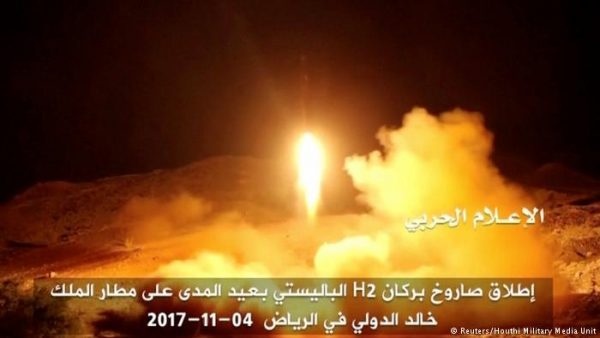
“In targeting Hezbollah, Saudi also hopes to weaken Iran’s influence in the region,” said Amal Saad, a Lebanese University professor and author of a book on Hezbollah.
Since then, Hariri has put his resignation on temporary hold and has been in talks at home to try to solve the crisis over Hezbollah’s regional role.
His (and presumably Saudi’s) red line is that Lebanon must remain neutral to protect its economic and political interests.
But that will be challenging for a group that has strong links to Iran, says Riad Tabbarah, a former Lebanese ambassador to the U.S.
“Hezbollah cannot be neutral,” he said. “They have an army, a whole militia, operating in Syria and Iraq. They have advisers in Yemen — and Iran wants a price for this.
“These are the cards in their hands; they have to be negotiated.”
There is also Hezbollah’s position in Lebanon to consider.
Hezbollah’s strength in Lebanon
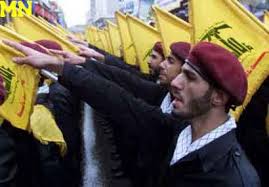
The region’s latest crisis unfolds at a time when the group’s dominant position in Lebanon is as favourable as or better than it used to be in the days when Syria ran Lebanon’s affairs.
Considered a terrorist organization by much of the West, Hezbollah remains the only Lebanese group that did not disarm following the end of the Lebanese civil war in 1990 — because it was still fighting then against the Israeli occupation of southern Lebanon.
“It is very difficult for anyone to force anything on Hezbollah, and Hariri learned that the hard way,” said Saad. “He tried to confront Hezbollah. They tried to disarm Hezbollah in 2008 — that’s why those clashes occurred. And they learned that … Hezbollah was a dominant military force.”
Significantly, unlike just a few years ago, Hezbollah’s arms are not up for serious discussion these days — publicly, many now qualify such talk by saying it’s a matter that must be tackled regionally.
Role in government
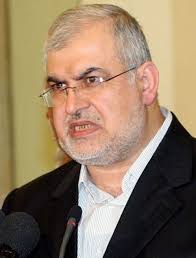
The organization’s political arm is driven by pragmatism.
The agreement that holds together the governing coalition was made possible nearly a year ago by Hariri and Hezbollah putting aside fundamental differences — of which there are many — for the sake of forming a government.
Now, they’re in talks to try to save that government.
“In Lebanon, we cannot conduct our affairs without dealing with Hezbollah. It would be folly to think otherwise.”
Not everyone likes it. In the Hariri stronghold of Tariq Jdeideh in Beirut, hardline supporters, Sunni Muslims, show their support with dozens of Hariri posters — and a permanent wariness toward Hezbollah.
Here, people find it hard to trust Hezbollah — whose own stronghold in Beirut’s southern suburbs is just a stone’s throw away.
“They have too much power here now,” said one shop owner in the Tariq Jdeideh district who did not wish to be identified.
People here still want Hezbollah disarmed.
“Then there will be no reason for other countries to attack Lebanon,” the store owner said.
Sami Nader, a political analyst and director of the Levant Institute for Strategic Affairs, says out loud what many Sunnis — and many of Lebanon’s Christians — believe.
“The hostage is the whole state of Lebanon and the whole institutions of a sovereign state, who are totally now controlled by one party, who is holding the arms,” he said.
Keeping Lebanon neutral
The coalition deal Hezbollah and Hariri struck nearly a year ago also included seeing a Hezbollah ally and preferred choice — Michel Aoun — take over the presidency.
But the deal specifically included a commitment to keep Lebanon neutral in the region’s multiplying conflicts.
Given the regional consequences of not doing so — and the threat of economic warfare by Gulf countries, which Lebanon could not survive — Hezbollah is likely to compromise. It is also in its interest to preserve the favourable status quo.
But will they move fast enough to appease Hariri and Saudi Arabia and preserve the government?
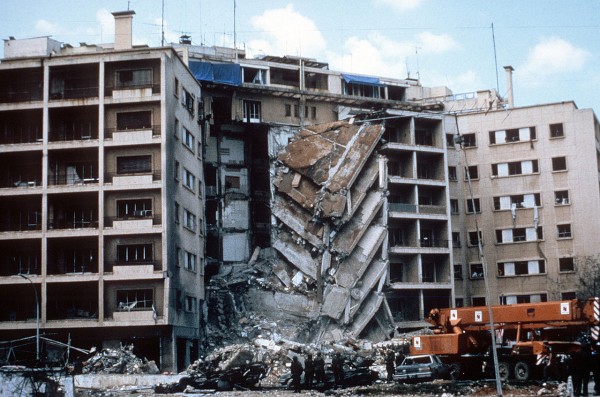
That government is very important for an organization that is considered “a terrorist organization by the Americans, Arabs and Europeans,” said Nader.
“This government is offering a legal cover for them,” he said. It’s why Hezbollah will try every single means to keep it.
But it isn’t likely to give up its regional role entirely, says Saad.
“Hezbollah is not going to withdraw from Syria. That’s existential. That’s just like telling them drop your arms, don’t fight Israel.
“But yes, Iraq, Yemen, they can make concession on these.”
CBC Canada

Leave a Reply
You must be logged in to post a comment.